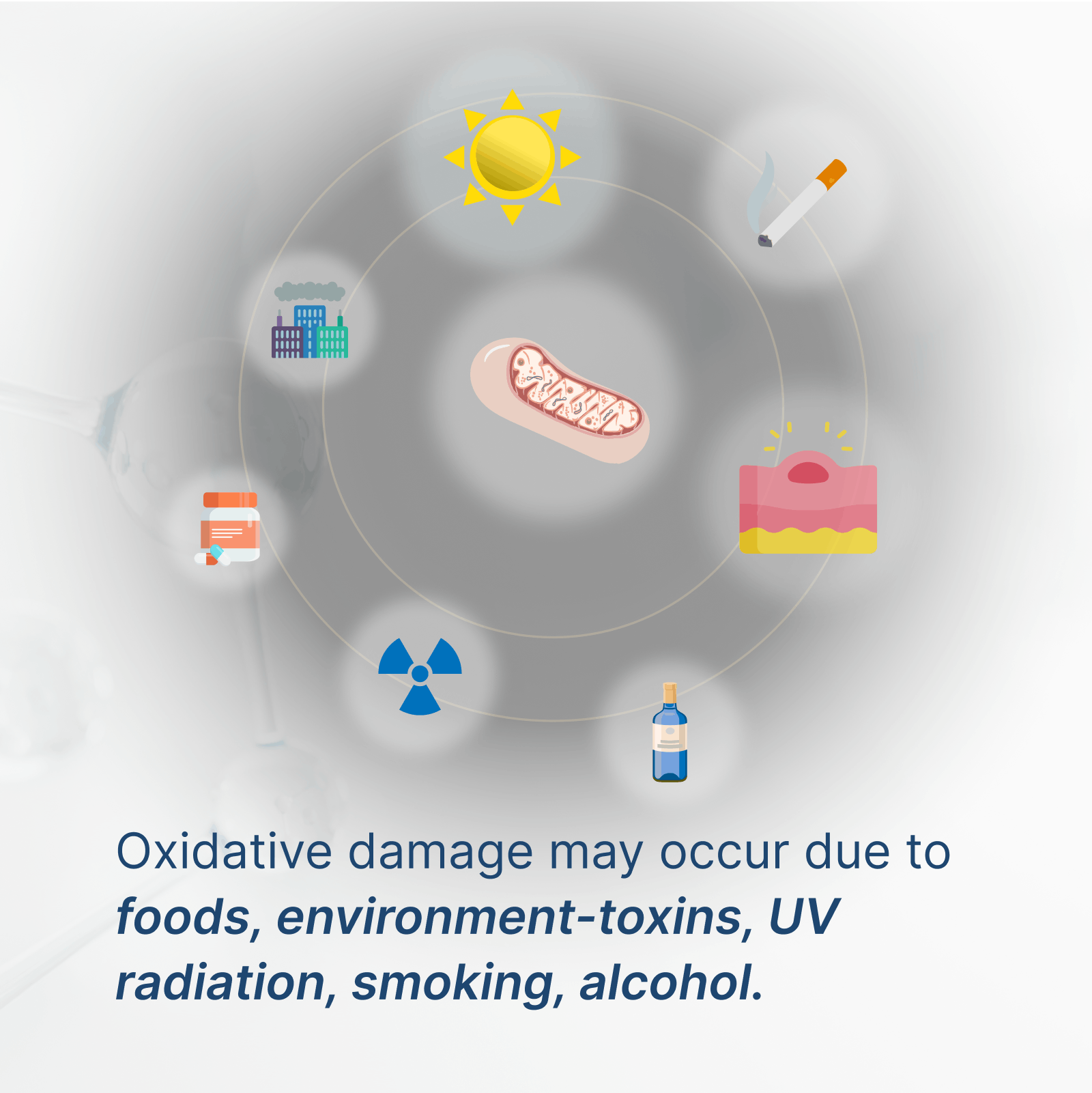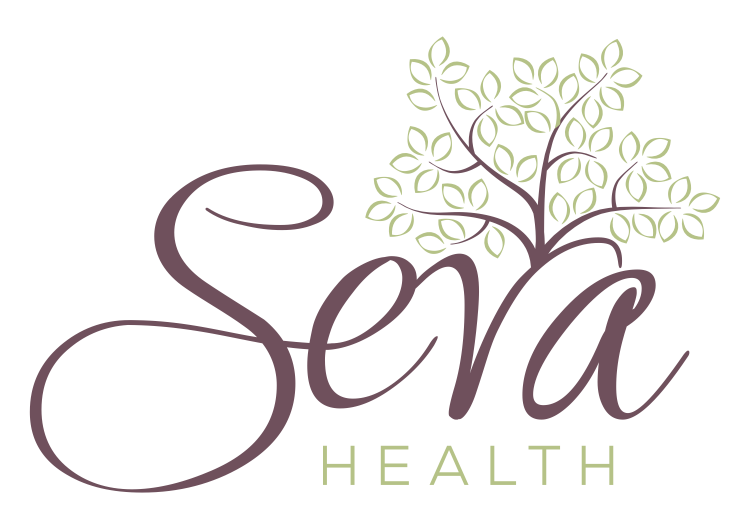
20 Mar Oxidative stress? Another reason to eat dark chocolate!
|
Your weekly housecall filled with everything you need to know to live longer and live better—naturally. Missed an issue or want to forward to a friend? Find it all right here. Hey there, friend! It’s easy to feel overwhelmed by the constant stream of information. We get so much of it on television, social media, the news, the internet, the list goes on… When it comes to advice on healthy living, we often hear about nutrition, sleep, and exercise. But there’s another term that pops up frequently: oxidative stress. What exactly is oxidative stress? Oxidative stress occurs when there’s an imbalance between the body’s antioxidant defenses and the production of free radicals – molecules with unpaired electrons that can potentially damage cells. While free radicals serve certain bodily functions, such as fighting off germs, an excess of them can lead to oxidative stress. Your body naturally produces free radicals in response to various stimuli, including exercise and certain foods. Additionally, environmental factors like cigarette smoke, air pollution, sunlight, and industrial chemicals can contribute to the accumulation of free radicals. These cumulative exposures can lead to oxidative stress and subsequent cell and tissue damage.
How can you tell if you have oxidative stress? Some potential signs of oxidative stress include:
Oxidative stress has also been linked to various chronic health issues, including cancer, inflammatory diseases, cardiovascular diseases, neurological disorders, respiratory diseases, liver disease, and kidney diseases. How can you prevent oxidative stress? Including antioxidant-rich foods in your meal plan and adopting healthy habits can help mitigate oxidative stress. Foods high in antioxidants include berries, leafy greens, citrus fruits, bell peppers, pumpkin, tomatoes, broccoli, nuts, seeds, seafood, green tea, and dark chocolate. Additionally, lifestyle changes like quitting smoking, limiting alcohol consumption, managing (and eliminating!) stress, protecting your skin from sun damage, exercising moderately, getting enough sleep, and considering antioxidant supplements may help prevent oxidative stress. While some level of free radicals is necessary for bodily functions, excessive exposure to them can lead to oxidative stress and subsequent health issues. By adopting a balanced lifestyle and incorporating antioxidant-rich foods and healthy habits, you can help defend your body against oxidative stress and promote overall well-being. Interested in understanding your current oxidative damage profile? Reply back and let me know what questions you have or how you can get started!
Yours in good health, Angel ** LIVE PODCAST TODAY **Grief To Gratitude: One Woman’s Story
In the depths of sorrow, grief can consume us. After all, we are human beings with human hearts that feel every emotion. Yet within its depths lie the seeds of transformation, where pain metamorphoses into profound wisdom and resilience. Join me and my special guest Toni Robinson today as we talk about her journey of grief, renewal, resilience, and healing. In our live podcast, experience the power of transforming grief into gratitude. Let her story inspire your heart to embrace hope and find light even in the darkest of moments.
Ask Me (Almost!) AnythingSend in Your Questions!Do you have a burning question about your health or well-being? Every Friday, I’ll be answering questions LIVE on Instagram. All questions remain anonymous – so no question is too embarrassing. Ask Me (Almost!) Anything will be available for replay following the live session.
Healthier with Herbs & HouseplantsPlants That Supercharge Your Health
If you’ve only ever associated basil with pesto or pizza toppings, it’s time to broaden your horizons. Basil encompasses over 100 different species, with sweet basil and holy basil being two of the most well-known varieties. Recent research on sweet basil suggests that it may have a positive effect on blood pressure control, while its fragrance has been found to alleviate stress and anxiety. Similarly, studies focusing on holy basil have shown reductions in stress, anxiety, sexual issues, and depression among participants. These findings are based on laboratory studies, so their real-world applicability may vary. Pro tip: To maximize basil’s flavor, add it towards the end of cooking as it tends to lose its potency if cooked for too long. What’s New in My Health ToolkitWant to know if all the dark chocolate you’ve been eating to help boost your anti-oxidants is working? The Oxidative Stress Profile evaluates markers of oxidative damage from a simple urine collection while measuring genetic variants with a straightforward at-home saliva collection. This comprehensive approach assesses both cumulative oxidative damage and genetic variations influencing the neutralization of reactive oxygen species and the regulation of oxidative stress.
Thank You, Thank You!
Mariyah and I send a great BIG thank you to everyone who attended our virtual webinar, Happier & Healthier With Houseplants on Sunday. We absolutely love our world of houseplants and gardening and feel grateful for every opportunity to share what we’ve learned. Stay tuned for more classes, workshops, and webinars that help you get happier and healthier with houseplants, too! We’re building a movement here so don’t forget to tag us on socials when you find your first houseplant so we can shout out your amazing progress too! We Want to Hear from You!What’s on your bookshelf? Found a great product that’s helping you live better? Please do share! Click reply, send us your post and we’ll include it in an upcoming copy of our newsletter. Let’s connect! |

No Comments